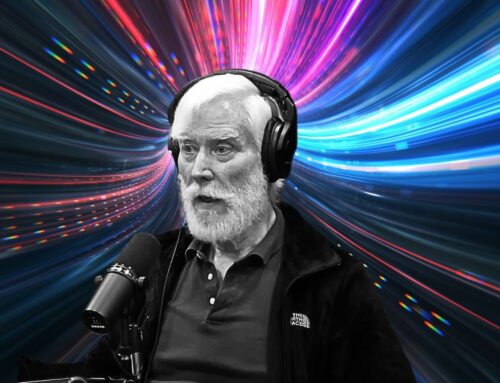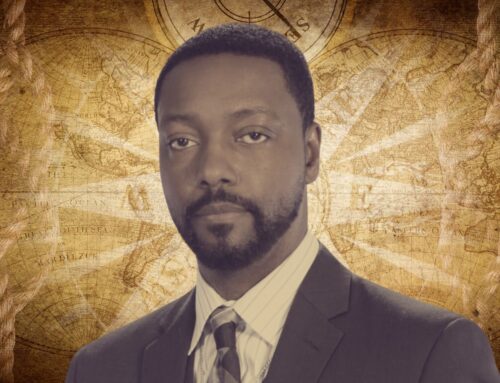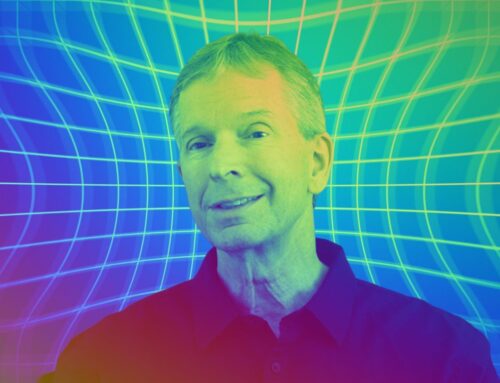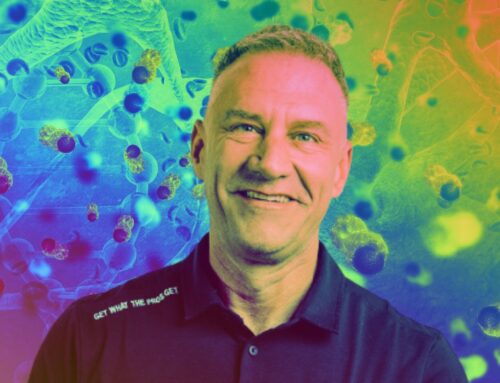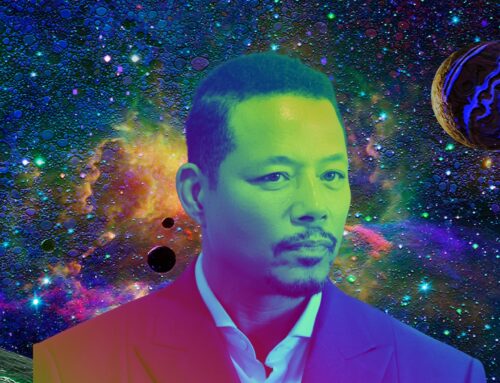Simon Sinek is an author, motivational speaker, and organizational consultant best known for his ideas on leadership, motivation, and finding purpose in work and life. His influential books and engaging talks have inspired countless individuals and organizations to rethink their approach to leadership and success.
For many of us, the first we heard of Sinek was via his TED talk. He challenged the status quo, suggesting that leadership was about service and highlighting how emotions are stronger drivers of action than thoughts. It is rare that I meet a leader who isn’t aware of the “golden circle” — and I mention this framework in almost all of my resilience and values workshops.
Early Life and Career
Simon Sinek was born on October 9, 1973, in Wimbledon, London. He attended City University in London and later graduated from Brandeis University in the United States with a degree in cultural anthropology. His career began in advertising, working for notable agencies like Ogilvy & Mather and Havas Worldwide. However, it was his shift to becoming a motivational speaker and author that marked the beginning of his profound impact on leadership and business.
Key Milestones
Start With Why (2009)
Sinek’s breakthrough came with his 2009 book, “Start With Why: How Great Leaders Inspire Everyone to Take Action.” The book introduced the concept of the “Golden Circle,” a framework for inspirational leadership. The core idea is that leaders and organizations should start with “why”—their purpose or belief—before moving to “how” and “what.”
TED Talk (2009)
In the same year, Sinek delivered a TED Talk titled “How Great Leaders Inspire Action,” which has since become one of the most-watched TED Talks of all time. In it, he elaborates on the “Golden Circle” and emphasizes the power of starting with why. The talk catapulted him to international fame, cementing his role as a leading voice in leadership and motivation.
Leaders Eat Last (2014)
Sinek’s second major book, “Leaders Eat Last: Why Some Teams Pull Together and Others Don’t,” delves into the biological and anthropological aspects of leadership. He argues that great leaders create environments of trust and cooperation by putting the needs of their team members first, akin to the way leaders in the military ensure their soldiers are cared for.
The Infinite Game (2019)
In “The Infinite Game,” Sinek challenges conventional business strategies that focus on short-term gains. He introduces the concept of playing the “infinite game,” where the goal is not to win but to keep playing and to ensure the organization’s long-term viability. This book encourages leaders to adopt a mindset that prioritizes sustainability, resilience, and ethical leadership.
Simon Sinek’s Key Teachings and Messages
Start With Why
At the heart of Sinek’s philosophy is the idea that individuals and organizations should start with why they do what they do. This core belief is the foundation for building trust, loyalty, and inspiration. Sinek argues that when leaders communicate their why, they can inspire others to follow and share in their vision.
![]()
The Importance of Trust and Safety
Sinek emphasizes the importance of creating environments where people feel safe and valued. In “Leaders Eat Last,” he explains that trust and cooperation are essential for effective leadership. Leaders must prioritize the well-being of their team members, fostering a culture where people feel secure enough to take risks and innovate.
Playing the Infinite Game
In “The Infinite Game,” Sinek encourages leaders to think beyond short-term wins and focus on long-term success. He argues that businesses should adopt an infinite mindset, prioritizing continuous improvement, ethical practices, and a strong sense of purpose over quick profits. This approach, Sinek believes, leads to more sustainable and resilient organizations.
Quotes and Insights
“People don’t buy what you do; they buy why you do it.”
This quote from “Start With Why” encapsulates Sinek’s belief that the most successful organizations and leaders are those who communicate their purpose clearly. By understanding and sharing their why, they can inspire others to join them in their mission.
“Leadership is not about being in charge. It is about taking care of those in your charge.”
In “Leaders Eat Last,” Sinek highlights the role of a leader as a caretaker. Effective leadership involves putting the needs of others first, creating a sense of safety and trust within the team.
“The true value of an organization is measured by the willingness of its members to sacrifice for one another.”
This insight from “Leaders Eat Last” emphasizes the importance of selflessness and collaboration within teams. When members are willing to support and sacrifice for each other, the organization becomes stronger and more cohesive.
Conclusion
Simon Sinek’s teachings have profoundly influenced how we think about leadership, motivation, and organizational success. Personally, I can say that Simon provided inspiration for my forthcoming book, Start With Values.
His emphasis on starting with why, fostering trust and safety, and playing the infinite game offers a blueprint for creating more inspired and sustainable organizations. By adopting these principles, leaders can build environments where individuals feel valued, motivated, and committed to a shared purpose, ultimately driving long-term success and fulfillment.
✨ Start With Values
Receive $400 of bonus resources with any order of my new book,Start With Values (Penguin Random House).
Written by : Brad Hook
Brad Hook is a writer, podcaster, speaker and entrepreneur. He helps individuals and teams achieve sustainable high performance through inspiring workshops and a powerful suite of digital tools. Discover his new book, Start With Values (Penguin Random House), — available now!
Stay connected with Brad
BE NOTIFIED ABOUT EVENTS and receive the latest tools and tips first
We will never share your email with others.



